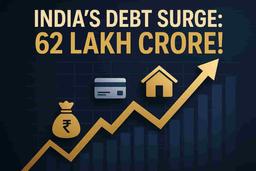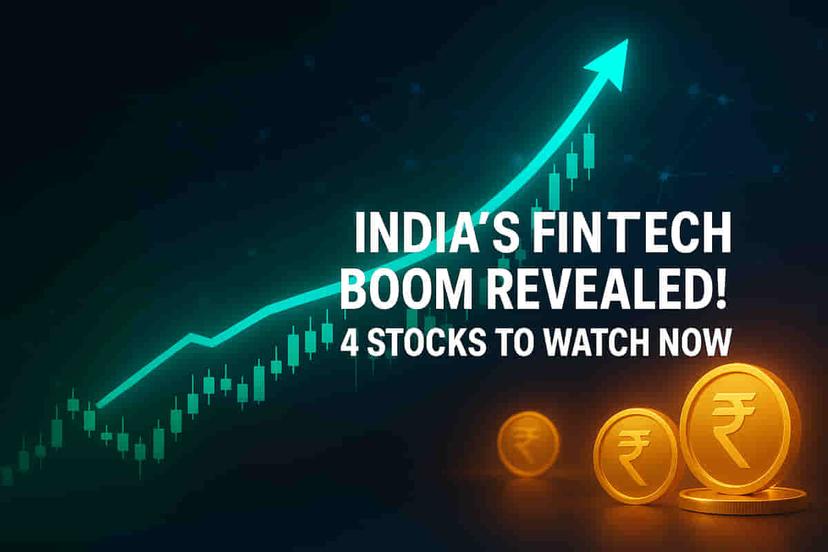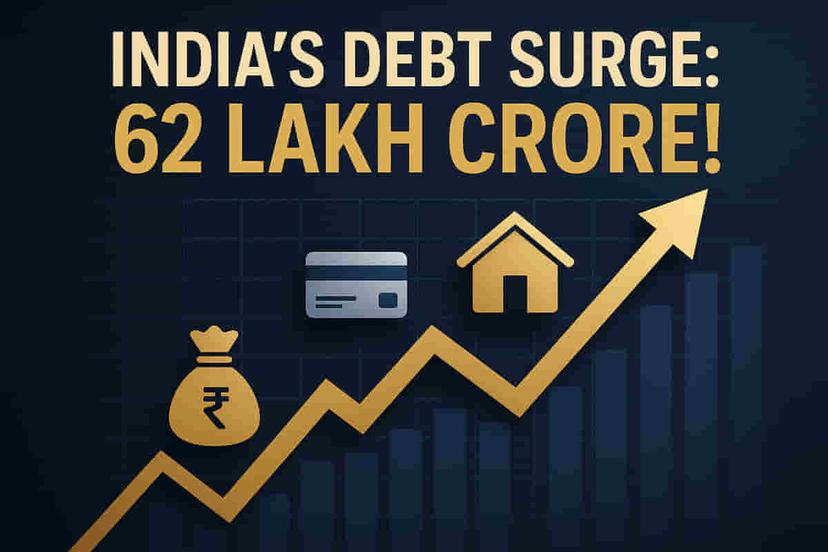Big News for Restaurants! New Deal with Food Apps Promises Fair Pay & Lower Costs!
Economy
|
Updated on 12 Nov 2025, 09:56 am
Reviewed By
Abhay Singh | Whalesbook News Team
Short Description:

▶
Stocks Mentioned:
Detailed Coverage:
The National Restaurant Association of India (NRAI) has launched a pilot project in collaboration with major food aggregators to establish a more equitable financial structure for restaurant owners. The primary goal is to address concerns over high delivery commissions and long-distance delivery charges, which often place a significant financial burden on restaurateurs. Piyush Kankaria, head of the NRAI Kolkata chapter, stated that the new commission structure being piloted will ensure that long-distance fees do not negatively impact restaurant operators. He emphasized that while dealing with aggregators can be challenging, they are unavoidable partners for businesses today, and a coexistence is necessary.
Impact This news can significantly impact the operational costs and profitability of restaurant businesses and the business model of food aggregators. It may lead to more stable revenue streams for restaurants and potentially influence the pricing strategies of aggregators. For investors, this could signal changes in market share dynamics and profit margins for listed food delivery platforms. Rating: 7/10
Difficult Terms: Food aggregators: Companies that connect consumers with restaurants for food delivery through their online platforms or apps (e.g., Zomato, Swiggy). Equitable financial structure: A system of payments and charges that is fair and balanced for all parties involved. Delivery commissions: Fees charged by food aggregators to restaurants, usually as a percentage of the order value. Long-distance delivery charges: Additional fees applied when a delivery exceeds a certain distance, often passed on to customers or borne by restaurants. Industry status: A formal recognition by the government for a specific sector, which can lead to better policy support, easier access to finance, and enhanced visibility.
Mutual Funds Sector

Indian Investors Break Records: Mutual Fund SIPs Hit ALL-TIME High Amid Market Rally!

Equity Fund Mania Cools? Your Money's Big Shift Revealed! 🚀

Indian Investors Break Records: Mutual Fund SIPs Hit ALL-TIME High Amid Market Rally!

Equity Fund Mania Cools? Your Money's Big Shift Revealed! 🚀
Banking/Finance Sector

Unlock India's $990 Billion Fintech Secret: 4 Stocks Poised for Explosive Growth!

Indian Mutual Funds Paradox: Why AMCs Push Thematic Funds While Investors Turn Cautious?

India's Trillion-Dollar Debt Wave: Consumer Loans Explode to ₹62 Lakh Crore! RBI's Bold Move Revealed!

India's Market Set to Soar: Brokerage Firms Reveal Explosive Growth Secrets & Investor Secrets!

Indians Can Now Get Foreign Currency Digitally! NPCI Bharat BillPay Launches Revolutionary Forex Access for Indians

Unlock India's $990 Billion Fintech Secret: 4 Stocks Poised for Explosive Growth!

Indian Mutual Funds Paradox: Why AMCs Push Thematic Funds While Investors Turn Cautious?

India's Trillion-Dollar Debt Wave: Consumer Loans Explode to ₹62 Lakh Crore! RBI's Bold Move Revealed!

India's Market Set to Soar: Brokerage Firms Reveal Explosive Growth Secrets & Investor Secrets!
